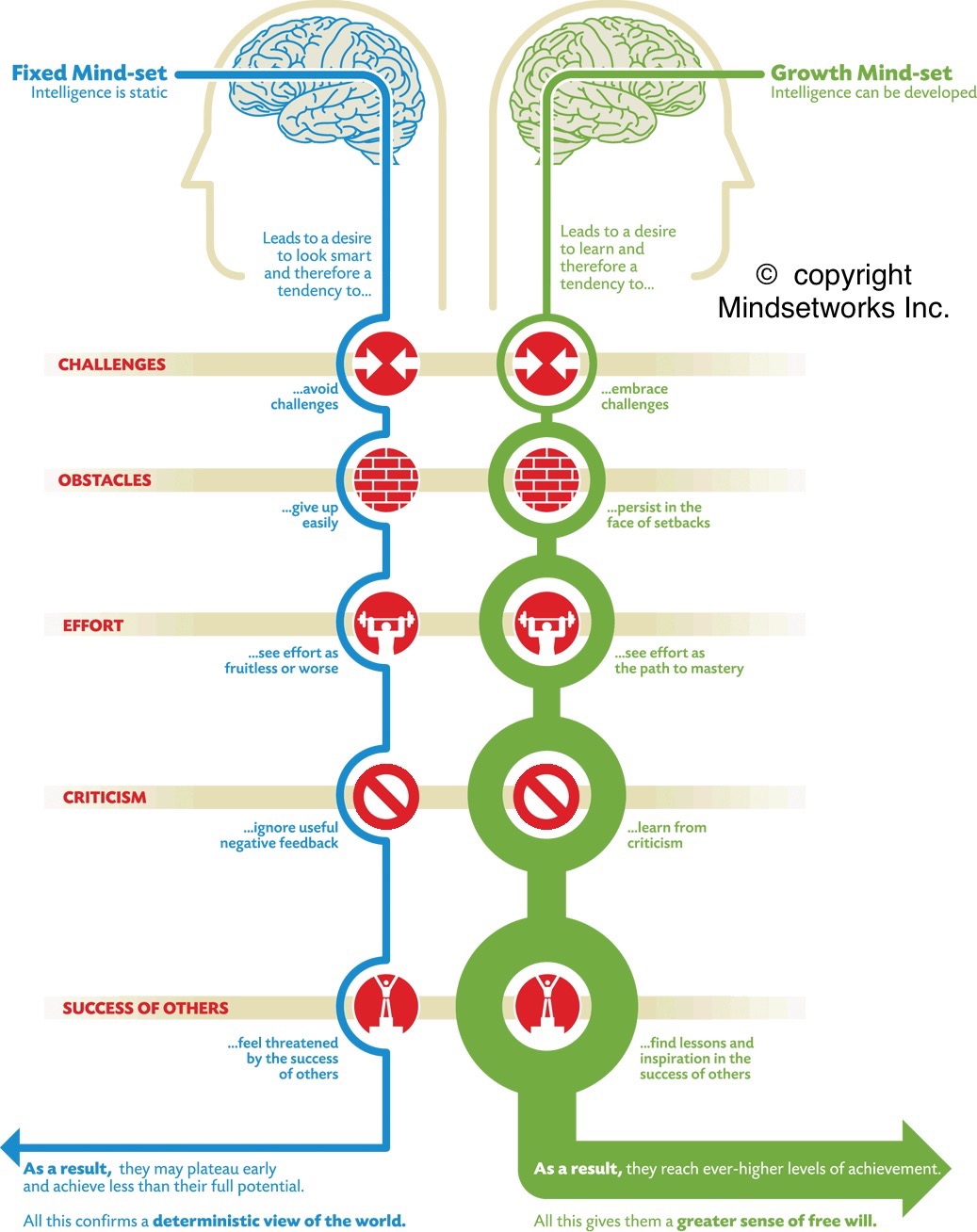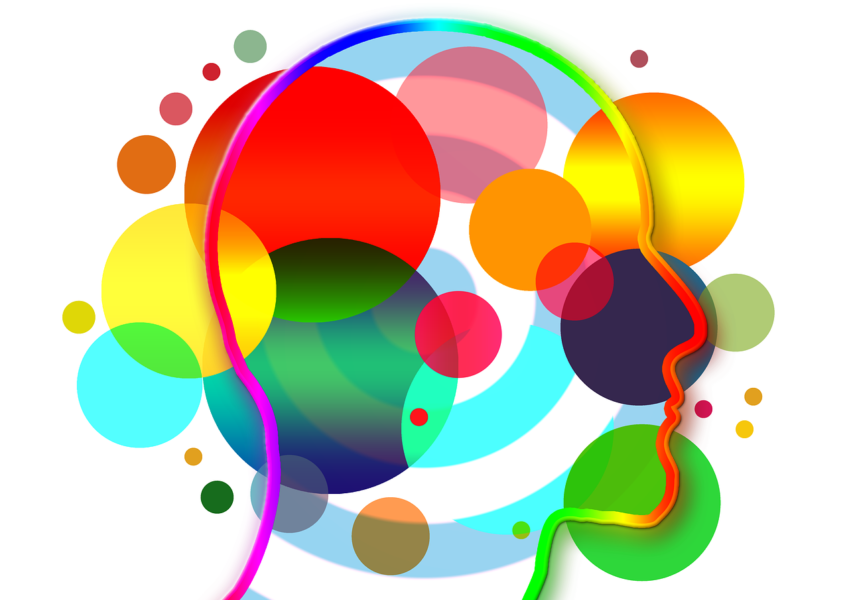On this page you can find:
-
- From sleep hygiene to stress management;
- Socials for health;
- Meditation;
- Forest bathing;
- Growth mindset;
- Love quotes;
- Brain foods.
1. From sleep hygiene to stress management
All biological damage to the body that has occurred during the day can be repaired only during night with a good sleep (7-8h), so you have to sleep enough to repair your body. Schedule your sleep as you would for your important meeting and protect this period of time (anything should disturb you, like noise or light). The body metabolizes a lot of waste products after 10 p.m. and the immune system revitalizes itself between 11 p.m. and 2 a.m., so it’s very important to sleep during these hours. Do NOT underestimate the value of sleep. It’s more important than what you do during the day. Clean up your diet, reduce the inflammation of the body and the quality of your sleep will improve.
The main cause of insomnia, not considering other particular diseases, are stress, tension and anxiety accumulated during the day. So you have to find a way to reduce stress, anxiety and tension accumulated during the day.
Here are some tips for better sleep:
-
-
- Research the cause responsible for insomnia and eliminate or reduce it, this before embarking on any other therapies. You should learn to deal with the problems and stresses of the day (see section on stress);
- Relax (for example with reading, yoga, meditation or the activity that makes you relax);
- Before bed, focus on something enjoyable or or one thing for which you are grateful, trying to push away the worries of the day;
- Have a healthy lifestyle (healthy nutrition, proper physical activity, do not smoke, drink alcohol or sugary drinks);
- Go to bed always at the same time by 10-11 pm for your sleep-wake rhythm, even if your are tired and get up early after 7-8h, get up and go to sleep at regular times;
- Drink chamomile tea or orange blossom herbal tea or other sleep-promoting herbs according to their recommendations;
- Do not eat before bed, but at least 3 hours before bedtime, make a light meal at dinner;
- Ensure the comfort of the bedroom (avoid noise, light, have a good mattress and pillow);
- Wear comfortable clothing;
- Adjust the temperature of the room, optimal would be 18°C;
- Avoid the use of cell phone or computer 30-60′ before sleeping, blue light from electronic devices inhibits melatonin production;
- Avoid exciting foods such as coffee, tea, alcohol, chocolate, carbonated drinks, simple carbohydrates (sugars, fruit) and complex carbohydrates (pasta, bread, pizza);
- Avoid physical effort as the body needs several hours before Sympathetic Nervous System activity decreases;
- Indulge in sexual activity before sleep, in general only use the bed for sleep;
- Follow a bedtime ritual that can last a maximum of 30′ (for example : turn off the internet, put on your pajamas, brush your teeth, meditate on gratitude,….);
- @day: organize your time;
- @day: exercise regularly, best out in the open air;
- @day: expose yourself to sunlight and take advantage of sunny days;
- @day: maintain a social life (find your place in society);
- @day: learn new things.
-

One other important area to master is your stress. Chronic stress is very harmful to our health, so stress generated during the day should be released and the most impostante causes of stress eliminated as soon as possible. This could be done by changing one’s misbehaviors. It’s very important to be able to reduce stress to maintain a good mental health.
Unfortunately stress is a natural component of our every day life that we cannot avoid. However we can choose how to react to it. It is our attitude towards stress that makes the difference. MBSR (Mindfulness Based Stress Reduction) gives us the powerful tools to change our attitude and react in positive ways to stress. John Kabat-Zinn’s book, Full Catastrophe Living, 2013 edition, is very useful in describing these powerful tools for a life winning attitude.
The advice given by Dr. Perlmutter in his books are to maintain a strong social network (mostly offline), to get out into nature as much as possible, to plan personal downtime/rest-time, be thankful for the things you live (have a gratitude journal/note, writing down the things occurred during the day for which you feel thankful, the best is right before bedtime). The more grateful we feel, the more resilient (physically, emotionally, spiritually) the brain becomes.
The most relevant factors for stress are related to:
– success – self-assertion through performance;
– popularity – harmony and acceptance by a social group first;
– autonomy – maintaining independence, not showing weak points;
– control – the fear of losing one’s confidence;
– overcoming one’s own limits – I can’t do it.
Test stress at this link (in Italian).
2. Socials for health
Health and social network are strong connected. To meet friends is a big opportunity to check in with each other, exchange ideas, and perhaps lend a supportive ear or shoulder. Take time for social relationships. Strengthening yours is very important for your health. This aspect is often neglected or is missing, for example because of COVID-19 or others issues, but remain still very important for the maintenance of health. I suggest you to meet friends using digital technologies (like Facebook, FaceTime, Whatsapp, Skype and so on). For more read here (Harvard Medical School).
3. Meditation
Benefits of meditation are huge, some examples are manage or reduce stress, anxiety, chronic pain, negative emotions, depression,… meditation also improve sleep, blood pressure and body damage repair. Through meditation you increase awareness of the present moment, which is primarily a matter of attention and lucidity (clear thinking, clear focus, clear vision, mental clarity, alertness, cool head).
When is the best time for this practice? You should practice when you feel rested, but awake and alert (neither still asleep, nor too tired). For example, in the morning for early risers or in the evening for others. The most suitable time is when your energy is highest and your mind most alert, it’s the one that best fits your day’s schedule, where you can do it on a daily basis and at the same time. Another important aspect is that you must not be interrupted or observed.
For me, the first moments after waking up are decisive for my well-being throughout the rest of the day. I have a healthy morning ritual with meditation for 30′ and/or breathing. Doing the “mindful morning session” before breakfast with a clear, rested mind is, for me, more effective then during the rest of the day or in the evening. If necessary, I also suggest mini meditation (3-5′) during the day, letting my thoughts flow through it.
It’s also important for me to meditate for 15′ before going to bed. Usually is a gratitude meditation. The optimal amount of daily meditations should be 45′.
For beginners should be a guided meditation, in your mother tongue, with a relaxing sound for 15-30′. If you are a woman, I recommend the audiobook by Miranda Gray, Red Moon (in English). I also recommend a book by Jon Kabat-Zinn, Wherever You Go, There You are, 1994. For Italian I suggest you to follow Daniel Lumera (MyLifeDesign) on Instagram, YouTube or Facebook.
Another example where a kind of meditation is applied is Comfort Talk, an empathic and relaxing communication for patients who are in pain or need surgery. There exists an application for smart phones for help.
In general, I recommend living the day with mindfulness. The main idea is to be able to recognize what’s going on in the present moment (smells, sounds, feelings, it’s hot or cold?, time of the day, place,…).
To learn this new way of life, I give you exercises to test:
-
- Breathe consciously, pay attention to your sensations, how your body moves, and repeat the exercise for several sets of 10 times;
- Consciously activate all of your senses and describe them. How do you taste in your mouth? Do you smell any particular odors? Do you feel hot or cold? What else do you feel? Describe them;
- Walk slowly barefoot on different types of surfaces (grass, sand, hardwood floors, tile) and describe the sensations your feet feel (smooth, rough, firm, hot, cold). Again, it is essential to be focused only on this exercise.
- Rediscover the world as children do, by carefully observing one object (surface, color, texture,…);
- plan some NO TIME (where you do nothing, a quiet time, of solitude and distance from the noise and demands of the world).
4. Forest bathing
Getting out in nature for just a walk is a super healthy practice. There is a scientific evidence that nature exposure (named forest bathing in Japan) have health benefits, including lower blood pressure, pulse rate, salivary cortisol level, and better heart rate variability. Here at this link you can read the Shinrin-yoku study for forest bathing. 
5. Growth mindset
Another area that might help is to have a growth mindset. What this powerful mindset consist of?
-
- See the obstacles on your path as challenges to learn something new and be able to find the solution to overcome the obstacle;
- Persist and never give up;
- See the efforts in it as opportunities;
- Learn from criticism;
- Find lessons and inspirations in the sucess of others;
Try to have a growth mindset (open to learn and accept new challenge), changing the fixed mindset (closed to new challenges, need to feel perfect, talented, smart).
For changing your mindset from a fixed one to a growth one, start by avoiding extreme jugements and be more reasonable.
How? List the evidences of for&against your conclusion. You will see more positivity and find out a step to go forward (the right solution).
In front of every obstacle, ask yourself what it’s necessary to improve…, wondering what to do to overcome it… create a growth-mind plan, with goal and steps to achieve it.
In general, the more you challenge your mind to learn, the more your brain cells grow! The more you try, the more you brain works.

Source of this picture is https://www.mindsetworks.com/Science/Impact
Scientific sources for a growth-mindset: Carol S. Dweck, Ph. D., Mindset: the new psychology of success, 2007, here the link for the book, but you can find also more information on www.mindsetworks.com.
When faced with any difficult situation, stop and think lightly or repeat this words:
“It’s not that bad and it’s temporary. It will work out. I have faith.”
We should learn NOT to take everything too seriously or consider it so important (defuse your problem). Remember, nothing that happens in our lives could have been otherwise. In front of a difficult situation, it’s important to develop a good sense of humor and see the positive in negative situations.
A much more crucial role play being able to accept, adapt to the new situation and focus on what you are doing in the moment. I love yourself and the others.
Essential activities for our brain health are learning a new thing every day and getting at least 30′ daily exercise.
Some scientific sources:
-
- Happy People Live Longer (Bruno S. Frey. 2011 Science 331:542);
- Healthy happiness: effects of happiness on physical health and the consequences for preventive health care (Veenhoven R et al., 2008 HappinessStud. 9:449);
In general, focus on your strengths and accomplishments, rather than what you believe to be your weaknesses or failures. Create a “celebration board” with a list of your achievements and make a note of every small success.
6. Some LOVE  quotes
quotes
And what about it? Love is, of all passions, the strongest, the powerful emotion that ”move mountains”… find here my best quotes:
“Friendship is a form of love, and love makes our lives worth living.”
“The greater the love we manifest, the greater the love we will receive.”
“Love makes us better, both in the family and in the society in which we live.”
“Love must be strengthened every day!”
Feel free to send me here your quote on love. And here are some more quotes about love from famous people:
“A simple I LOVE YOU means more than money” (Frank Sinatra)
“You always gain by GIVING love” (Reese Witherspoon)
“All that you are is all that I’ll ever need” (Ed Sheeran)
“Love recognizes no barriers” (Maya Angelou)
“The hearts has its reasons of which reason knows nothing” (Blaise Pascal)
7. Brain foods
Foods boosting your mental health are those rich in antioxidants that neutralize free radicals (toxic for the brain). Food boosting your brain are all vegetables, notably apples, blueberries, pomegranate, walnuts, spices, garlic, green tea, mint aroma, lavender, rose, geranium, rosemary, basil. Source: Paul L. Green, Brain Power (2015). The most recommended food for the health of our brain is sprouts (for more read a book of Angelika Fürstler or visit www.sprossensamen.ch) .
Link for useful resources for mental health in CH: https://www.promentesana.ch/english

Disclaimer: This text is only for illustration purposes and does not replace your doctor’s opinion. It is not intended to provide medical advice, diagnosis or treatment. Absolutely avoid DIY (do-it-yourself) and get medical attention.
First edition 09.09.2019
Last update 23.03.2023

